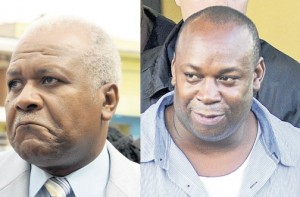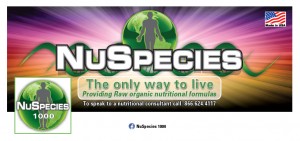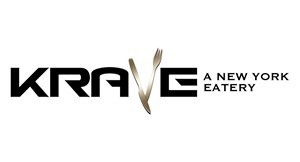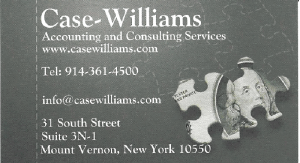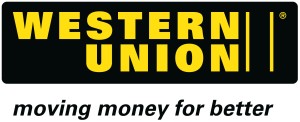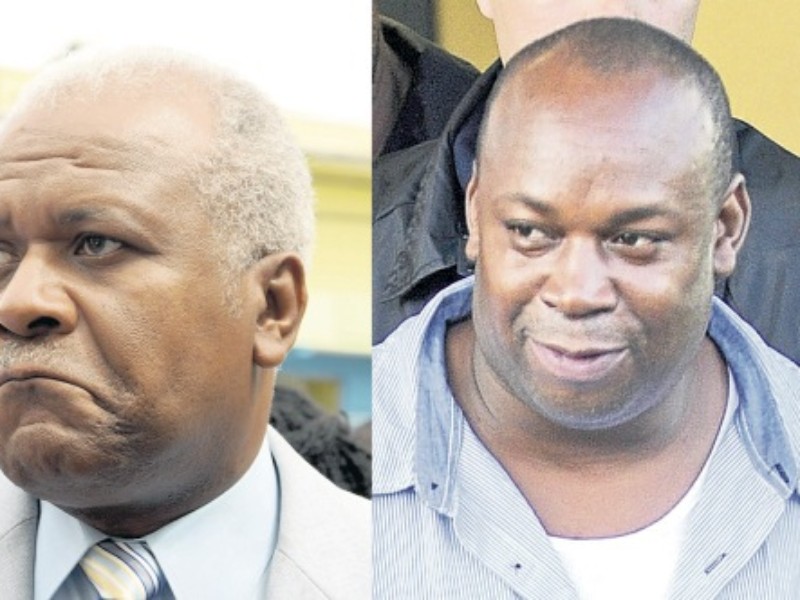
Lawyer accuses cop of lying as trial of Al Miller starts
BY PAUL HENRY Coordinator — Crime/Court Desk
(L-R) MILLER… accused of attempting to pervert the course of justice. COKE… found in company of clerygman after one month on the run
THE prosecution’s first witness in the trial of Rev Al Miller was yesterday accused of lying and exaggerating his role in the capture of Christopher ‘Dudus’ Coke as a means of furthering his career, as the defence sought to attack his credibility.
Detective Sergeant Winston Radcliffe — who was stationed at the Spanish Town Criminal Investigation Branch on June 22, 2010 when Coke, the then Tivoli Gardens strongman , was caught, was the first witness called by the prosecution in an effort to prove its case of attempting to pervert the course of justice against the clergyman.
Queen’s Counsel Jacqueline Samuels-Brown, who appears for Miller, also suggested, based on Radcliffe’s evidence, that the policeman was aware that the reverend was helping with the apprehension of Coke but he denied the suggestion.
The case started before Magistrate Simone Wolfe-Reece in the Corporate Area Magistrate’s Court, with the defence feeling disadvantaged as attorneys for outgoing Commissioner of Police Owen Ellington and former Deputy Commissioner Jevene Bent said their clients would not be cooperating with the defence in the case.
Samuels-Brown wanted the two to give statements to the defence and for them to be defence witnesses. Attorney Chris Honeywell told the court that Ellington said he was the one who initiated the prosecution of Miller and so could not be called as a defence witness. However, the attorney said Ellington was “prepared to make himself available to be cross-examined by the defence”.
Charles Williams, who appeared for Bent, who was sitting in court, said his client will not accede to the defence’s wishes to give a statement.
Following the disclosure, RM Wolfe-Reece said she was going to start the trial nonetheless. This prompted an application from Samuels-Brown, who submitted that for the trial to continue, given the situation, would be an abuse of the process.
Samuels-Brown had said that the evidence of Ellington and Bent would prove that Miller was assisting the police with the apprehension of Coke in keeping with an earlier agreement from meetings with both senior officers.
She had asked for the record kept of persons who visited the commissioner’s office during the relevant period but to no avail. The attorney also complained that she had requested of the court, from the outset, that particular personnel from the US Embassy in Kingston be made available to the defence before diplomatic immunity is claimed, but that, too, had not been done.
During his examination-in-chief, Detective Sergeant Radcliffe told the court that Miller led the police on a high-speed chase, entering Highway 2000 from Spanish Town around 3:00 pm, culminating at the Mandela Highway exit of the thoroughfare with the arrest of Coke, who was riding in Miller’s Toyota Rav-4, sporting a black curly wig, clear glasses and a peak cap.
His testimony triggered various reactions from the clergyman who spoke to his attorney from the prisoner’s dock throughout the proceedings.
Radcliffe said he and three of his colleagues, who were in a service vehicle, started following Miller’s vehicle, as instructed, shortly before it reached the entrance to the highway. Another car was travelling with Miller’s vehicle and he said he radioed for assistance to intercept both vehicles.
He testified that upon entering the entrance to the highway at the Spanish Town roundabout, another service vehicle driven by Inspector Chambers of the Spanish Town Police Station joined him.
At one point, he said, the vehicles were stopped and that Miller wound down his window and identified himself before driving off with the other vehicle, heading in the direction of Kingston. Radcliffe testified that he gave chase, because of something a colleague had said, and radioed for assistance.
Miller sat staring at Radcliffe, with an expression of amazement after the policeman testified that Miller was driving at a “very high speed”. Radcliffe said his own vehicle was “going at 170 (kph)”.
Radcliffe said he lost sight of Miller’s vehicle after it went through the toll booth, but said he saw the vehicle about five minutes later at the Mandela Highway exit of Highway 2000. When questioned on the spot, Radcliffe testified, Miller said he was taking Coke to the US Embassy where officers were waiting, and that’s why he didn’t stop for the police.
Miller was questioned and charged the following day after he failed to travel with the police to the station.
Samuels-Brown started her examination of Radcliffe before the luncheon adjournment and at one point in her questioning said, in jest, to an apparently apprehensive Radcliffe that he should not be afraid to call Coke’s name because “he’s no longer around”. The comment triggered laughter.
She asked Radcliffe if he was aware that a request was made for citizens to assist the police in apprehending Coke but he said no, but that in the past such requests have been made in relation to fugitives from justice. With that, the attorney asked if he was aware that there was a letter from Police High Command asking her (Samuels-Brown) to help bring in Coke, but again he said no.
Asked further if he was aware of meetings the police commissioner had to discuss Coke’s capture, he said no. He said also that he wasn’t aware of any collaboration between the Police High Command and the US Embassy to capture Coke.
“You say he mentioned US Embassy; was the name Dr Karen Hillard mentioned to you in the effort to capture Coke?
“No, your honour,” Radcliffe said.
He said he wasn’t aware that Miller was assisting the police in the apprehension of Coke and that he was not aware of meeting with Miller and Bent over the issue prior to Coke’s capture.
He said he was surprised when the person in Miller’s vehicle turned out to be Coke.
“Prior to that, one of your colleagues had said, ‘A wonder if Coke is with Rev Miller?” Samuels-Brown asked.
“Yes, ma’am,” Radcliffe said, but went on to say he didn’t ask why his colleague had said that and what he meant.
The attorney suggested that Radcliffe didn’t ask because he knew that Miller was working with the police to bring in Coke. He denied the suggestion.
The lawyer later told Radcliffe that he was a man known for breaching the rules of the police force but he said she was wrong, prompting her to question him at length about an incident in which he had detained a man and faced internal trial for “improper conduct in October 2010”. He said he was exonerated.
She suggested that he was not being frank with the court in his evidence but he denied the suggestion. He also denied a suggestion that he magnified his role in Coke’s apprehension. That question was asked after the attorney established that involvement in successful operations was part of the consideration for promotions.
The trial continues today.
